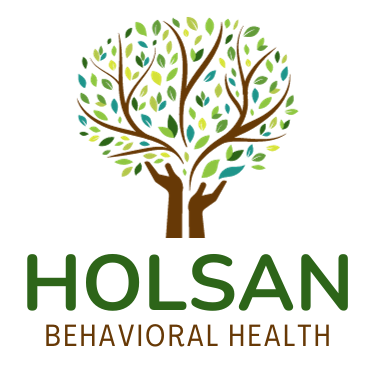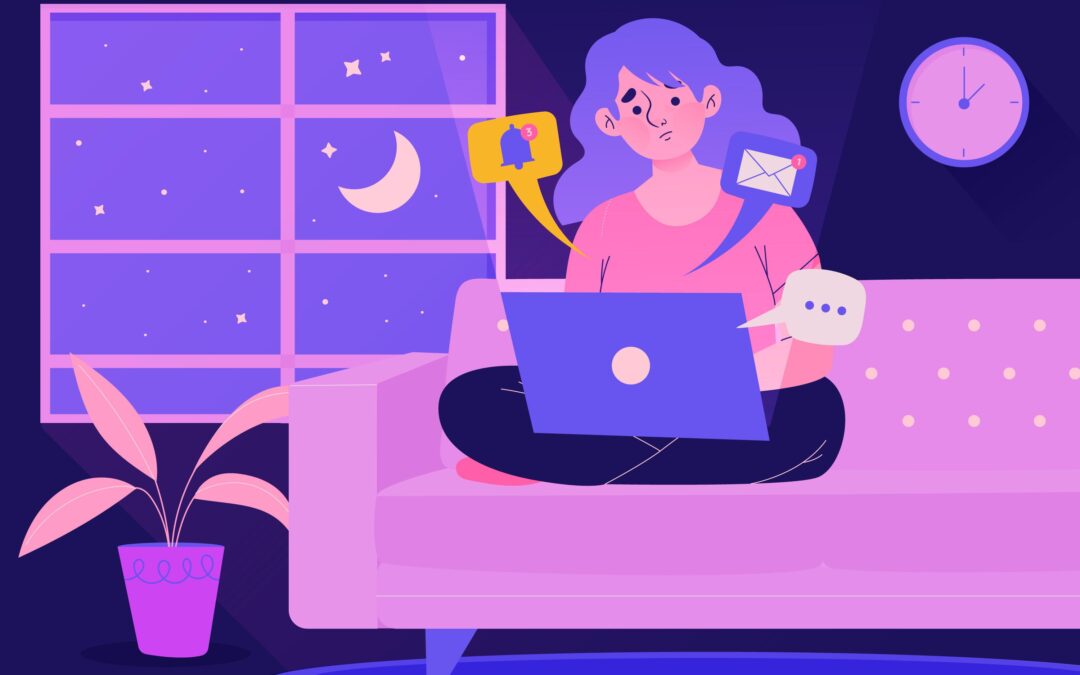3 Ways Screen Time and Mental Health Are Connected—and How to Regain Balance
In today’s hyper-connected world, screens are nearly impossible to avoid. From work emails to social media scrolling and binge-watching shows, our digital lives have become deeply intertwined with our emotional well-being. While technology offers incredible benefits, too much screen time can lead to emotional exhaustion, aggression, and increased anxiety.
That’s where digital wellness comes in—a mindful approach to technology use that prioritizes mental health. In this blog, we’ll explore three powerful ways screen time impacts mental health and how you can take small but impactful steps toward a healthier digital life.
1. Increased Anxiety and Overstimulation
One of the most common consequences of excessive screen time is heightened anxiety. Constant notifications, rapid-fire content, and pressure to stay “updated” create a loop of overstimulation. This keeps your nervous system on high alert and may lead to:
- Difficulty concentrating
- Racing thoughts
- Sleep issues
- Increased social comparison and fear of missing out (FOMO)
Social media can be especially anxiety-inducing for young adults and teens, who often base self-worth on likes, comments, and followers.
Digital wellness tip: Use screen-limiting apps to track and reduce usage. Set designated phone-free times—especially during meals and before bed—to allow your mind to reset.
2. Aggression and Mood Instability
Many people notice that after long periods of screen use—particularly video games or emotionally intense content—they feel irritable, impatient, or even angry. Why? Too much digital stimulation reduces frustration tolerance and impairs emotional regulation.
This is particularly true for children and adolescents, who may struggle to transition from the fast-paced, reward-heavy world of screens to the slower pace of real life. Signs can include:
- Outbursts or temper tantrums
- Resistance to turning off devices
- Difficulty focusing or cooperating
Digital wellness tip: Encourage outdoor breaks, physical play, or creative screen-free outlets like drawing, music, or crafting. Model calm transitions away from screens as an adult.
3. Sleep Disruption and Emotional Burnout
Blue light emitted from phones, tablets, and TVs can interfere with melatonin production—the hormone responsible for sleep. This leads to trouble falling or staying asleep, especially when screens are used before bedtime. Lack of sleep affects mood, memory, and your ability to manage daily stressors.
Emotionally, constant scrolling and passive content consumption can drain your energy. The brain becomes overwhelmed by information, leading to mental fatigue and emotional detachment.
Digital wellness tip: Make your bedroom a screen-free zone. Wind down with a calming routine that includes reading, journaling, or stretching. Try switching to “night mode” on devices at least an hour before bedtime.
The Path to Digital Wellness
Digital wellness isn’t about completely disconnecting—it’s about becoming intentional. Ask yourself:
- Is this content serving or draining me?
- Am I using my screen to avoid emotions or responsibilities?
- How do I feel after extended use?
These simple questions can help you take control of your screen time instead of letting it control you.
At Holsan Behavioral Health, we support individuals and families seeking more balance in their lives. Our providers work with clients of all ages to address anxiety, screen-related behavioral issues, emotional dysregulation, and more. Whether you’re concerned about your child’s screen habits or your own, we’re here to help you take meaningful steps toward mental wellness.
There’s a powerful connection between screen time and mental health—be mindful of how much space your devices take up in your mind.
- Mindful tech use is the new self-care. Screen time and mental health go hand in hand.
- Healthy boundaries with screens = a healthier mind. Take control of your screen time and mental health today
- Your screen time habits matter. Protect your peace by understanding the impact on your mental health
References
- American Academy of Pediatrics. (2023). Media and Young Minds. https://www.aap.org
- National Sleep Foundation. (2022). How Electronics Affect Sleep. https://www.thensf.org
- Twenge, J. M., & Campbell, W. K. (2018). iGen: Why Today’s Super-Connected Kids Are Growing Up Less Rebellious and More Anxious.
- Mayo Clinic. (2023). Screen Time and Mental Health. https://www.mayoclinic.org

